Dollar Tree is a chain of discount variety stores in the United States. Founded in 1931, the company has grown to become a Fortune 500 company with more than 15,115 stores in the 48 contiguous U.S. states, and 24 distribution centers. Today, it boasts an impressive assortment of goods at a very low price. However, despite its incredibly low prices, people are often puzzled about the future of the chain.
Prices will be $1.25
The company has been testing higher-priced products for months, and now it’s ready to roll out the change. The new prices will go into effect at some of its traditional Dollar Tree stores, and officials say the results have been “overwhelmingly positive.” During the coronavirus pandemic, Dollar Tree had to stop selling certain items and sizes, but it hopes to bring back those products in the future.
$1.50
The company has been testing higher prices at some locations for several months. Recently, executives announced plans to expand their Dollar Tree Plus stores to include items priced between $1.25 and $1.50. The company cited the success of its new store formats and positive consumer response as reasons for the decision. The company also said it plans to bring back some products. Dollar Tree has been one of the fastest growing chains in the U.S., adding hundreds of new locations during the recent coronavirus pandemic.
$3
With a price range of $1 to $3, the new product line is perfect for consumers who want the most bang for their buck. The new line will complement Dollar Tree’s current product offerings rather than replace them. This means that not everything in Dollar Tree will be higher than $3, but the company is making a conscious effort to expand their product offerings. However, the new price range does come with a few caveats.
Inflation
Inflation is hurting all businesses, and Dollar Tree is no exception. Prices have risen across the board, and even its most popular stores have gone higher than $1.25. The prices of many items are now over $2, and the company has been testing this in store. As labor costs have gone up and supply chains have been snarled by the coronavirus, Dollar Tree is now paying more for goods, and passing these higher prices on to consumers.
Labor shortages
With holiday shoppers facing fewer options and higher prices, retailers are struggling to fill their labor shortages. Retailers like Walmart and Target are hiring 20,000 employees for their supply chains. Amazon is hiring for 40,000 corporate roles in the U.S. and “tens of thousands” of hourly positions in its network. The company is planning a nationwide hiring event to hire thousands of people in both permanent and seasonal roles. In addition, the House of Representatives will vote on important labor legislation soon. The legislation is expected to provide the company with federal funding for hiring and tax incentives for those who fill the positions.
Inflation affects all businesses
The effects of high inflation vary widely, depending on the duration, severity, and policy response. Only a handful of business leaders have personally experienced the effects of high inflation. The effects of high inflation on businesses can range from slight to significant, and can affect everything from supply chains to people, customers, and stakeholders. The impact of high inflation on a business’s margins varies based on its cost structure and ability to pass costs on to consumers.
Dollar Tree’s decision to raise prices
The company is raising prices on a few items in order to compensate for wage increases and historically high merchandise costs. Dollar Tree sells seasonal items, toys, stationery, kitchenware and home decor. The company caters to middle-class suburban shoppers. Competitors Dollar General and Family Dollar focus on low-income shoppers in urban centers. In addition to raising prices, the company is raising its minimum wage, which is likely to result in higher profits.



